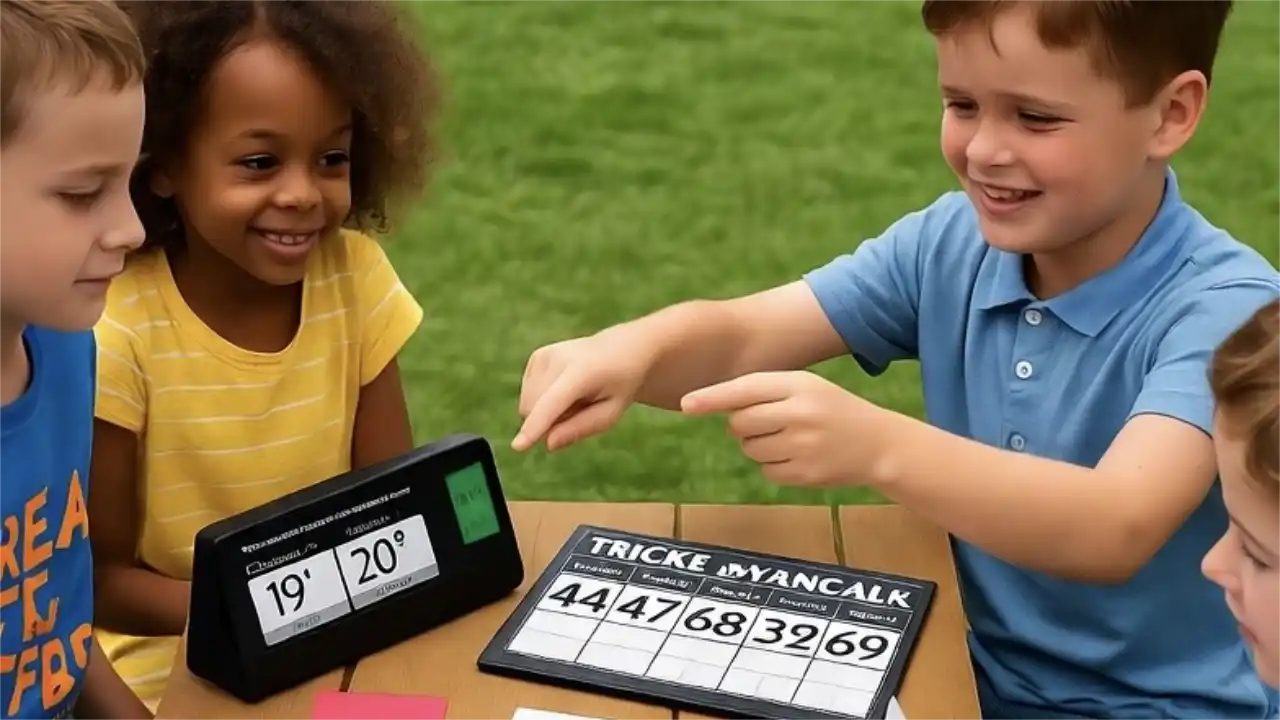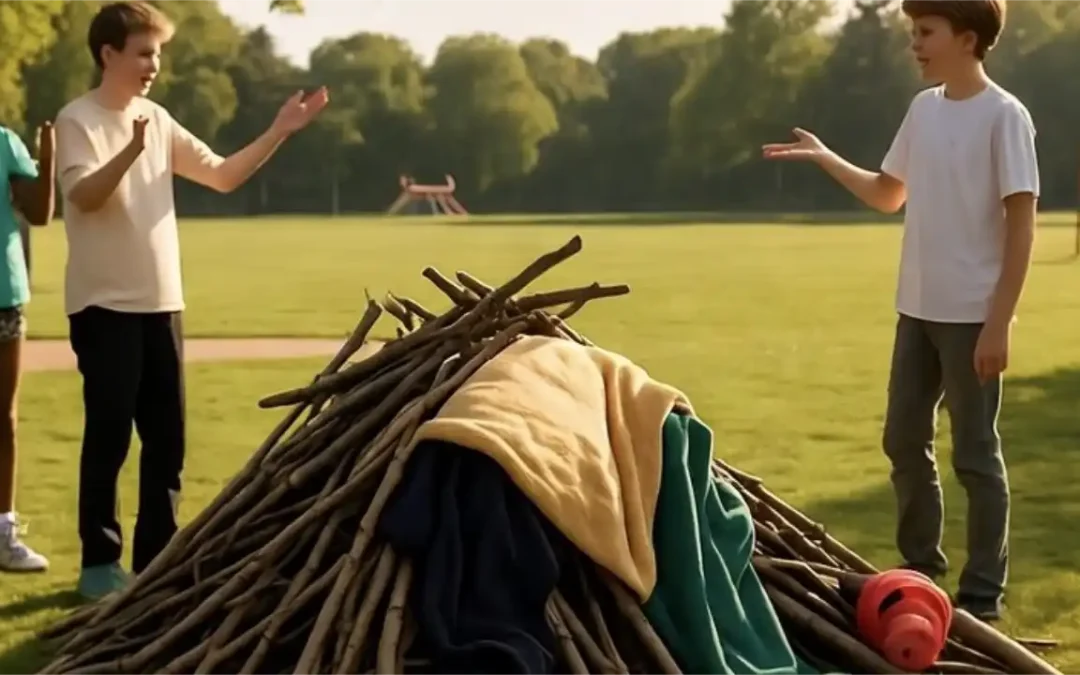
Modeling Collaborative Behavior: Lead Games with Confidence
W
hen children take the lead in games, they practice the same skills that fuel effective teamwork: clarity, coordination, and courage. Leading others—whether in trivia, relay races, or charades—helps kids learn how to give instructions, manage roles, and adjust when plans shift. Asking, “How will you guide the group?” gives them space to step into leadership without pressure.
One afternoon, my son organized a backyard trivia game but stumbled over unclear rules. I asked, “How could you run it more smoothly?” He assigned one friend as the scorekeeper and another as the question-reader. The game clicked into place. Later, he confidently directed a class relay and explained the setup at a scout meeting. Each week’s practice—whether designing a scavenger hunt or leading a game night—helped him grow not just more confident, but more collaborative.
Give your child chances to lead low-stakes games at home or with friends. Let them decide the format and assign roles, then reflect together on what worked. These moments teach them that leadership isn’t about control—it’s about making space for others to shine. And when kids feel that kind of success, they’re more likely to step forward in group projects, clubs, and classrooms with clarity and care.
Modeling Collaborative Behavior

Modeling Collaborative Behavior: Navigate Conflict in Teamwork
Conflict is natural in teamwork. Guide children to resolve disagreements with empathy, clarity, and patience to build emotional intelligence.

Modeling Collaborative Behavior: Share Stories of Team Wins
Celebrating shared wins reinforces connection and meaning. Tell stories of team successes to inspire confidence and collaboration.

Modeling Collaborative Behavior: Work as a Family Crew
Shared responsibility builds confidence and unity. Treat household tasks as teamwork to develop skills, pride, and belonging.
Table of contents

Primordial Soup for the Mind: Navigation
Navigate the book Primordial Soup for the Mind.
TIPS
- Ask “What’s the game plan?” to start leading.
- Praise their teamwork to value their effort.
- Keep a journal for their roles.
- Suggest weekly game sessions.
ACTIVITIES
- Trivia Lead: Host a quiz, ask, “How can you guide this?” Work for 15 minutes.
- Relay Direct: Organize a race, discuss roles, 20 minutes.
EXAMPLE
My daughter led a charades game, saying, “We had a blast!” Her games started a leadership hobby.

Download “Primordial Soup for the Mind: A Parent’s Guide to Nurturing Intellectual Growth”
Enter your information to get this article and hundreds more as part of the FREE book Primordial Soup for the Mind.
Share your thoughts with the Thought Academy community in the Comments section below.

Sharpen those skills!
Enter your information to get our FREE practice exercises so you can hone your critical thinking and reasoning skills!







0 Comments